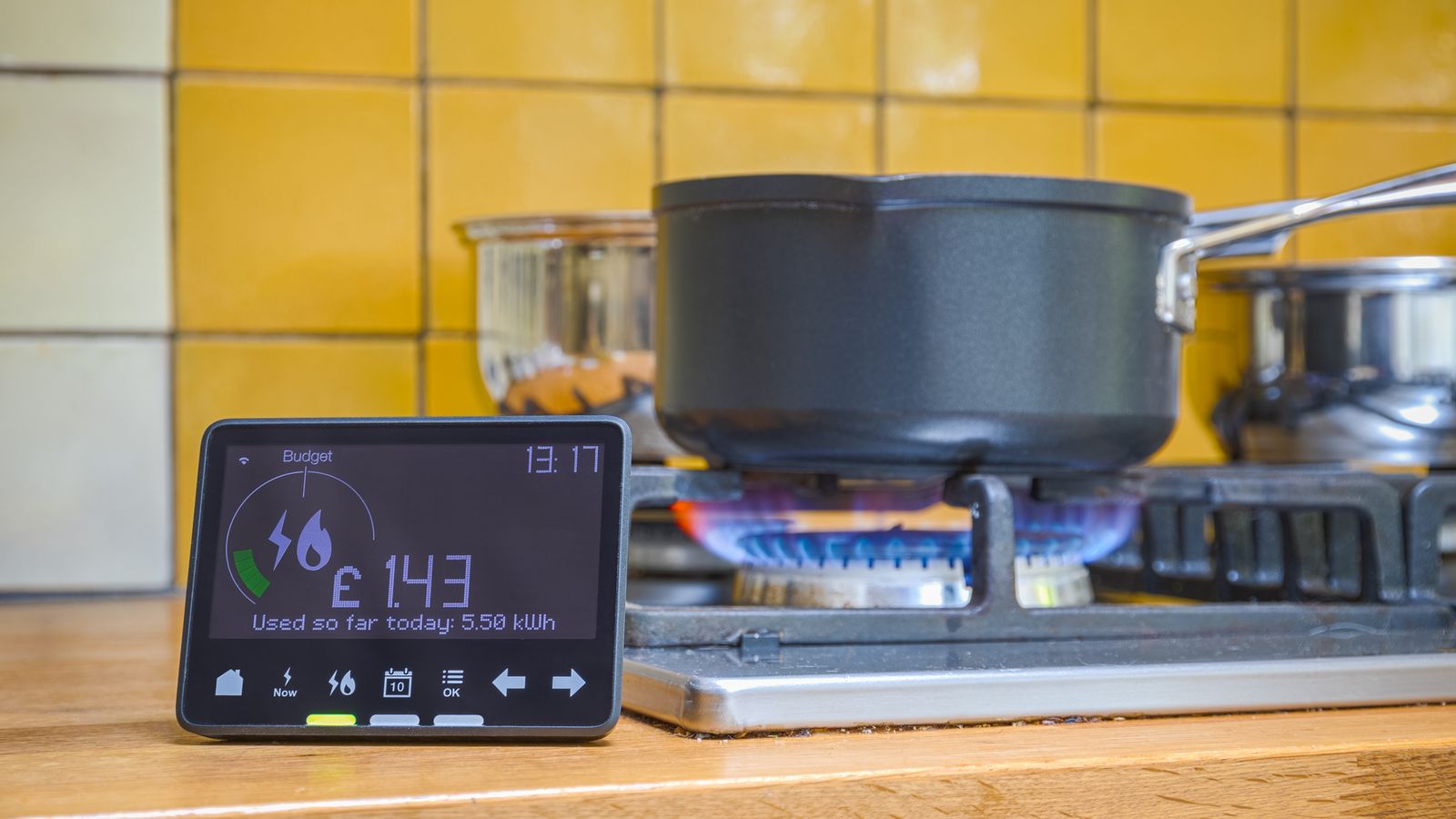Energy bills are to rise higher than last year for millions this winter, despite the energy price cap falling, a think tank has said.
Withdrawn energy supports and a rise in the daily standing charge will mean winter bill costs going up for one in three English households, the Resolution Foundation said.
That’s despite the expectation that energy regulator Ofgem will on Friday again bring down the cap limiting how much energy firms can charge per unit of power.
The fixed cost customers pay to have homes connected to the grid has risen in recent years as a number of energy suppliers, such as Bulb, have gone bust. The daily standing charge funds supplier failure costs.
As a result of these factors, more than one in three (35%) of English households – equivalent to 7.2 million homes – will see higher energy bills this winter than last.
Of the poorest tenth of households in England almost half (47%) will face higher costs, the foundation said.
Although the price per unit of energy is falling, this will be offset by the rise in the daily standing charge, and the fact the government’s universal £400 energy bill support scheme ended.
Those who stand to benefit are people in homes which use the most energy.
Read more
Ofgem energy price cap ‘costing people money and boosting inflation’
Ofgem’s downward revision of average energy use means lower bills forecast but still higher than historical levels
Meanwhile households which consume relatively little energy face increased bills, compared to last winter.
Properties that use less than 79% of the typical gas and electricity consumption will be billed more in winter months, the Resolution Foundation said.
More a third (35%) of English households fall into this category with the numbers rising to almost half (47%) of the poorest tenth England’s of households.
The extra costs are said to often be “significant” as roughly one-in-eight homes, equivalent to 2.7 million households, will have winter energy bills increased by £100 or more, again rising to almost a quarter (24%) of the poorest tenth of families.
The data shows the cost of living crisis is far from over when combined with the rate of food price rises and housing costs, the senior economist at the Resolution Foundation, Jonathan Marshall, said.
“Although government schemes have improved their targeting of support throughout the crisis to those most in need, significant gaps remain which should be urgently addressed to help the most vulnerable get through the challenging months ahead”, he said.
“In the longer term, the government needs to reduce the UK’s dependency on gas, and improve the state of our home insulation, to prevent the winter energy crisis from becoming an annual occurrence.”
The Resolution Foundation seeks to improve the living standard of low and middle-income families.
